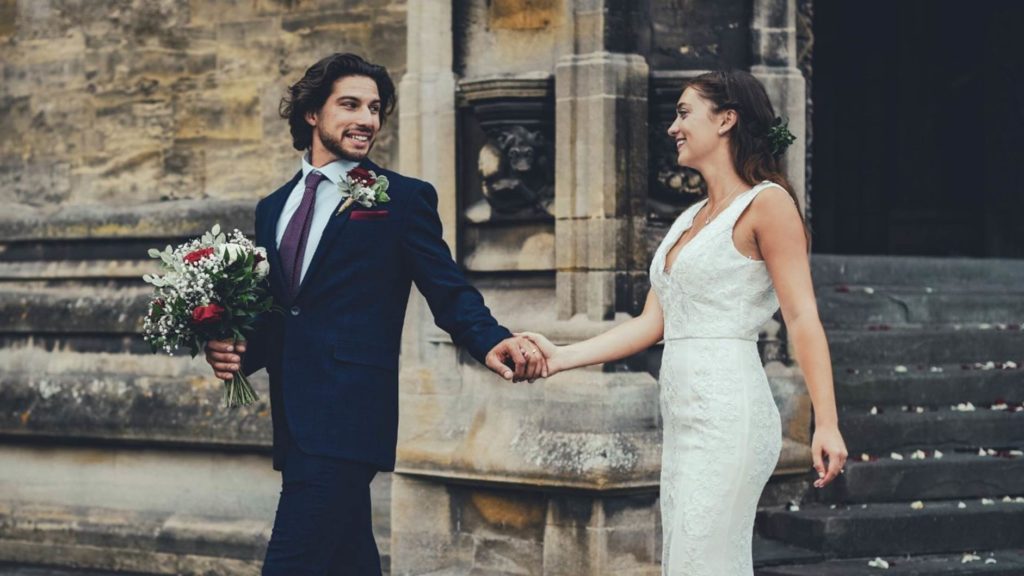The bride is typically responsible for most of the wedding planning, but the groom has a few key responsibilities of his own. Here are some of the most important ones.
Booking the Honeymoon
When it comes to wedding planning, the groom traditionally has one major responsibility: the honeymoon. But why is that the case? Some say it’s because historically, women were not allowed to handle finances or travel on their own, so the groom had to take care of all arrangements. Others believe it’s a symbolic gesture, showing his ability and commitment to providing for his new wife. Planning the honeymoon can be a fun task for the groom, as he gets to treat his bride to a memorable and exciting adventure. So if you’re a groom, embrace your role in planning the honeymoon—just make sure you consult with your bride before booking anything!
Writing a Letter to His Future Spouse
While the tradition may seem a little old-fashioned at first, a groom’s letter to his bride is a sweet gesture that dates back centuries. For many years, couples were often arranged into marriages by their families. The groom would use the letter as an opportunity to express his love and affection for his future wife. Today, it serves as a more personal touch amid all the wedding planning and whirlwind of emotions leading up to the big day. It’s a chance for the groom to share how he feels and what he’s looking forward to in married life with his soon-to-be spouse. So while it may be just one small aspect of the wedding festivities, a groom’s letter can serve as a heartfelt memento for years to come.
Greeting Attendees
Have you ever wondered why the groom spends part of his wedding reception time making the rounds at each table to greet guests? While it may seem like just a polite gesture, there is a deeper meaning behind this tradition. Greeting guests at their tables shows gratitude for their presence and support on such an important day. It also allows the groom to personally thank them for any gifts or well-wishes they may have given. And let’s be real—it’s also a great excuse for the groom to grab a few extra slices of wedding cake! When your wedding day comes, remember that greeting guests is more than just good manners. It’s a way to express sincere appreciation for all those who came to celebrate the special day.
Helping With Thank-You Notes
The wedding thank-you note tradition has often been attributed to etiquette expert Emily Post, who advised that the groom should write thank-you notes for gifts received on behalf of both himself and his new wife. But why does this duty fall on the groom? One theory suggests that it comes from a time when men were expected to handle all financial matters, and sending thank-you notes for gifts can be seen as a form of financial gratitude. Another theory points to the fact that traditionally, the bride would be busy with her household duties and managing her new status as a married woman, leaving the groom with some free time to sit down and write thank-you notes. Regardless of the origins of this tradition, it’s important to remember that wedding thank-you notes are a meaningful way to show your appreciation for the love and support from friends and family during this special time in your life. So whether it’s the groom or the bride (or even both!) who takes on this task, sending thanks is essential.
Planning a wedding can be a lot of work, but it’s also a very special time in a couple’s life. There are so many traditions and rituals that come with getting married, and each one has its own unique meaning. In this article, we’ve highlighted a few of the groom’s key responsibilities during wedding planning. We hope you find these tips helpful as you prepare for your big day!


